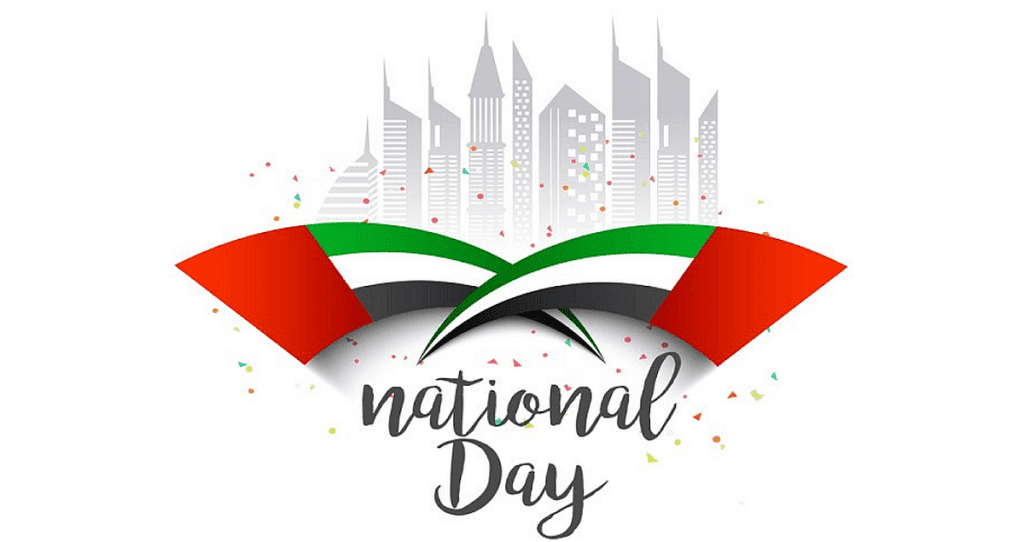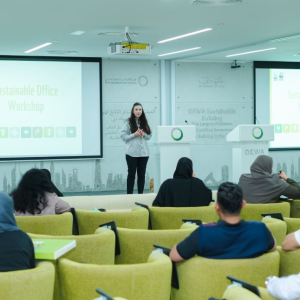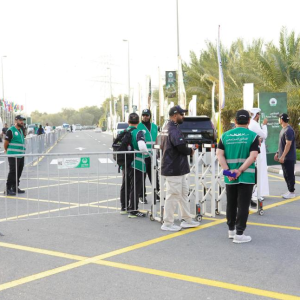The UAE’s Journey to Unity: A Nation Built on Vision
On December 2, 1971,UAE’s National Day a dream that had long been in the making became a reality—the birth of the United Arab Emirates (UAE). The UAE’s founding marked the culmination of years of unity, visionary leadership, and a collective will to build a prosperous future. This day not only commemorates the establishment of the country but also honors the values of peace, development, and collaboration that have been fundamental to the UAE’s growth.
The first president, Sheikh Zayed bin Sultan Al Nahyan, played a pivotal role in transforming a collection of separate emirates into a unified and progressive nation. Sheikh Zayed’s foresight, dedication, and strong leadership laid the groundwork for the UAE to emerge as a global economic and cultural hub, setting the stage for future generations to flourish.

In 1971, six emirates—Abu Dhabi, Dubai, Sharjah, Umm Al-Quwain, Fujairah, and Ajman—came together to form the UAE. The final emirate, Ras Al Khaimah, joined shortly after in 1972. The unity achieved on this historic day transcended borders, creating a country that would go on to achieve remarkable advancements in infrastructure, technology, and international relations.
Sheikh Zayed’s Vision: A Legacy of Leadership

At the heart of the UAE’s founding was the leadership of Sheikh Zayed, who served as the nation’s first president from 1971 until his passing in 2004. His leadership is still deeply felt today, with his legacy shaping the UAE’s growth and its role on the global stage. Sheikh Zayed’s vision was clear: to build a nation that was not only modern and progressive but one that maintained its cultural heritage and values.
Under Sheikh Zayed’s leadership, the UAE implemented policies focused on modernization, education, healthcare, and the empowerment of women. His drive to ensure that the wealth generated by the country’s natural resources benefited all citizens laid the foundation for a prosperous society.
One of his most significant achievements was the creation of a strong federal system, uniting the seven emirates while allowing each one to retain its identity. Sheikh Zayed believed in the importance of collaboration and shared prosperity, and his approach to leadership remains an inspiration.
A Nation Built on Harmony and Unity
The story of the UAE’s National Day is also the story of harmony. Before 1971, the emirates were separate entities with their own local rulers. However, under Sheikh Zayed’s guidance, these leaders put aside their differences and worked together to create a unified, sovereign nation. This unity was essential not only for the country’s immediate survival but also for its long-term success.
The UAE’s commitment to unity is visible in the diversity of its population, which includes people from all over the world. More than 200 nationalities live in the UAE today, contributing to the country’s dynamic culture and economy. Despite this diversity, the spirit of unity that defined the nation’s founding continues to thrive, with citizens and residents coming together each year to celebrate National Day.
National Day Celebrations: Honoring the Past, Celebrating the Future
National Day in the UAE is more than just a public holiday—it’s a day of national pride, reflection, and unity. Each year, the country comes together to celebrate the achievements of the past and look forward to the future. From grand parades and fireworks to concerts and community events, National Day celebrations are a vibrant display of the UAE’s rich culture and history.
The most iconic of the National Day events is the annual military parade in Abu Dhabi, which showcases the strength and unity of the UAE Armed Forces. The event often features stunning displays of traditional dance, music, and performances, demonstrating the country’s deep cultural roots while embracing the progress it has made.
National Day also serves as a moment to reflect on the UAE’s rapid growth and development. From a modest collection of desert emirates to a global powerhouse in business, tourism, and innovation, the UAE has achieved incredible success in just a few decades. This progress is a direct result of the vision set forth by Sheikh Zayed and his successors.
Sheikh Zayed’s Enduring Legacy: A Nation’s Progress and Prosperity
Today, the UAE continues to thrive under the leadership of Sheikh Zayed’s sons, particularly His Highness Sheikh Khalifa bin Zayed Al Nahyan, who became president after his father’s passing in 2004. Under Sheikh Khalifa’s leadership, the UAE has further expanded its global influence, strengthening its economy and international relationships. The UAE remains a beacon of progress, with its cities boasting some of the world’s most impressive architecture, cutting-edge technology, and world-class infrastructure.
The UAE’s vision for the future is embodied in projects like the Mars Mission and the development of sustainable cities. As the nation continues to look forward, the values that Sheikh Zayed instilled in the country’s founding remain firmly in place—unity, peace, and a commitment to creating a prosperous future for all Emiratis and residents.
The UAE Today: A Global Leader and Innovator
The UAE’s rapid rise to prominence on the global stage is a testament to the foresight and dedication of its founding leaders. As one of the world’s most influential countries, the UAE has become a model for other nations seeking to balance modernization with cultural preservation. The country’s investments in education, innovation, and infrastructure have made it a global leader in various industries, including finance, real estate, technology, and tourism.
Dubai, often seen as the UAE’s commercial and cultural capital, has become synonymous with luxury, innovation, and world-class hospitality. The city is home to iconic landmarks such as the Burj Khalifa and the Palm Jumeirah, symbols of the country’s bold vision and architectural prowess. Meanwhile, Abu Dhabi, the capital, remains a center for culture, politics, and finance, with its own impressive landmarks, such as the Sheikh Zayed Grand Mosque, a beautiful testament to the country’s deep cultural and religious heritage.
The UAE’s commitment to sustainability is also shaping its future. From the world’s largest solar power project to initiatives promoting green energy and environmental conservation, the UAE is determined to ensure that its rapid development does not come at the expense of the planet. These efforts have earned the country international recognition for its contributions to the fight against climate change.
Looking Ahead: The UAE’s Future Beyond 2021
As the UAE looks to the future, its goals are as ambitious as its past accomplishments. The country has set its sights on becoming a global leader in innovation, technology, and sustainability. The vision for 2030 includes plans to diversify the economy further, with investments in renewable energy, AI, and space exploration.
The UAE’s role in global diplomacy and peace-building will continue to grow, with the country advocating for stability and cooperation in the Middle East and beyond. National Day serves as a reminder of how far the country has come and the exciting opportunities that lie ahead.
For more information about the UAE’s National Day celebrations, you can visit the official UAE National Day website.
Conclusion: A Nation United by Vision and Progress
The founding of the UAE on December 2, 1971, was a turning point in the history of the Arabian Peninsula. It marked the beginning of a new era, one defined by unity, progress, and innovation. Through the leadership of Sheikh Zayed and the ongoing dedication of his successors, the UAE has become a symbol of prosperity and stability. As the country celebrates its National Day each year, it reflects on its incredible journey while looking ahead to a future that promises even greater achievements. The UAE’s National Day is not just a celebration of the past—it’s a testament to a nation’s resilience and vision for the future.
You can also read about, Celebrate UAE National Day.













